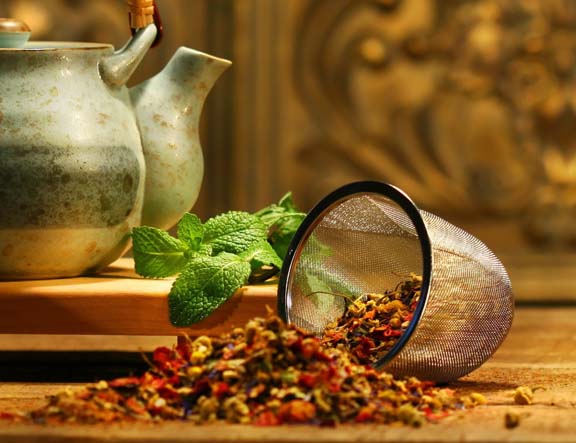 Worth knowing, that such a fashionable term as ,,healthy food ”has no definition, which would be acceptable to a large majority of those concerned.
Worth knowing, that such a fashionable term as ,,healthy food ”has no definition, which would be acceptable to a large majority of those concerned.
By instinct we would like to understand healthy food as such, which is appropriate for the human system and does not bring any direct or indirect threats to this system. Such a definition, or such a term, is so general, it's hard, of course, except in obvious cases, indicate, what exactly is this healthy food supposed to be like.
At the World Vegetarian Congress in Dubrovnik in 1986 of the year most of the participants tried to demonstrate, what are the risks in food, and on this basis, by eliminating the characteristics or composition of foodstuffs, it recognized, whether a specific raw material or product belongs to the group of the so-called. healthy food or not. Many debaters also presented many times in great detail, how to produce or receive such food.
In this study, the reader will learn about some of the issues related to the so-called. healthy food in terms of, which would be easiest to call "nutritional prevention of diseases and civilization threats".
From this perspective, substances should be considered as healthy food, consumption of which is advocated by various nutrition reform movements.
Such products include:
a) vegetarian foods, because there is full compliance among both the vegetarians and the eaters, that they are the most valuable for the human system;
b) whole grain cereal products;
c) food grew from soil fertilized with plant compost or animal manure, without the use of artificial fertilizers, pesticides and herbicides;
d) products manufactured without the use of chemical additives, often incorrectly referred to as unprocessed foods;
e) "magic" foods such as. honey, sea and mine salt, yoghurt, molasses, buckwheat and vitamin E;
f) pills, lotions and elixirs, which sometimes are of some value occasionally, but are widely advertised, as healing all the sufferings of mankind. One must add here, that the last two mentioned groups of foods trigger the most severe criticism, when they are sold in special stores with the so-called. healthy food. There is an opinion, that they cater to the unjustified, from the point of view of the current knowledge, demanding magical foods, pills and potions. Honey was given as an example, which is recognized even in the 20th century, due to its long history of consumption, for a good-for-all medicine. In fact, its composition is very similar to that of regular sugar, a contains only tiny traces of vitamins and a few other chemicals. In quantities, which most people can eat without feeling sick, honey is of no practical importance in the diet, perhaps as a source of empty calories, just like sugar. A similar attitude was made to brown sugar by pointing, that whether white or brown cannot be considered a source of nutrients especially valuable to humans. The impurities in the honey and brown sugar only give them a characteristic pleasant taste.
So these foods only mean "normal" and not "miraculous".
Various magic pills and potions were rated even worse. Simple substances, like table salt (under the old medical name) cast (deliberately named calcium sulfuricum),as well as garlic and herbal extracts, are gaining fame, backache or headache treatments, cleansing the intestines and arteries and leading to a long and healthy old age. W was doomed to it; that you have to be a super optimistic consumer, that these substances, and especially their magical human health properties, be considered truthful.
